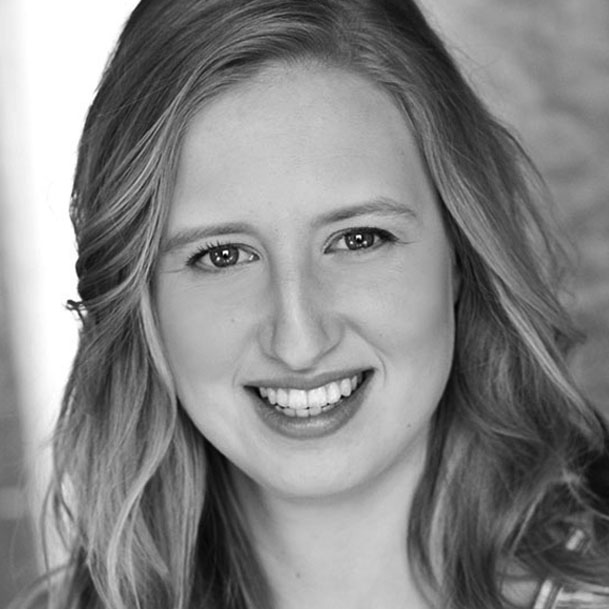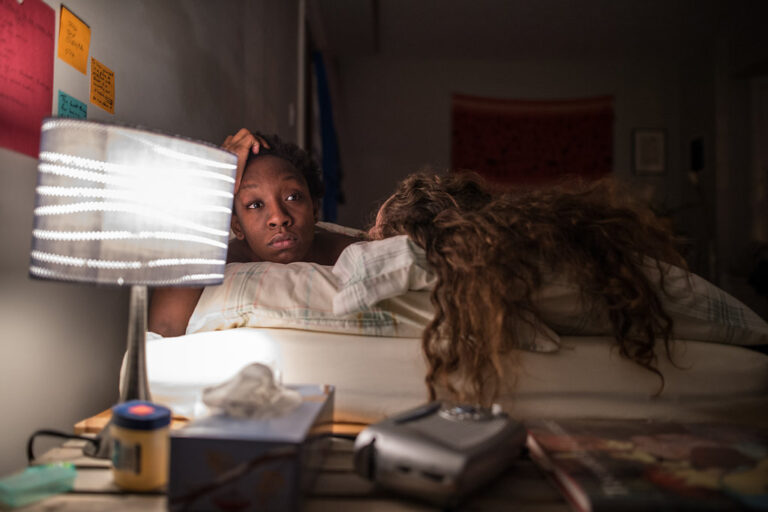Lessons from the Mountain
On a trip out West last summer, I visited my friend Ruth in Waterton Lakes National Park, Alberta. It was beautiful there. There’s a little village with one main touristy street, a glacial lake, and mountains all around. Everywhere I turned: mountains. They were big and ancient, covered in trees and loose rock and snow. On my first day in Waterton, I sat by the lake and watched them for hours, repeating their names in my head: Crandell, Galwey, Blakiston, Vimy, Bertha.
My second morning, Ruth and two other friends, Will and Mackenzie, agreed to take me up Mount Bertha. The three of them worked for the park, hiked trails daily as part of their jobs, and went rock climbing on actual cliffs in their spare time. I was struggling to write a novel about a shapeshifter who travels in the mountainous wildernes and was stoked for this inspirational research expedition.
Bertha was a reasonable peak for a beginner, my friends said. Some mild scrambling, which means you have to use your hands as well as your feet to get up, but not quite steep enough to count as climbing. Overall, they estimated it would take us about six hours round-trip, including copious breaks. I was in pretty good shape, I decided. How hard could it be?
We packed our lunches (peanut butter and banana sandwiches, hummus and red peppers, nectarines, protein bars), layers for the cold, sunscreen, water. I borrowed Ruth’s hiking boots. Everyone but me had bear spray strapped to their belts.

Photo courtesy of Polly Phokeev
And so we went: Ruth, Will, Mackenzie, and me. The first hour or so was easy. I took mental notes for my novel as we passed waterfalls and steep drops and bear grass that spored floury white powder if you bopped the nipple. I was hot and sweaty in long pants and Ruth’s heavy-duty shoes. My phone quickly gave in to the heat; Ruth offered me hers for pictures.
Then there were the switchbacks, something like thirty-three back-and-forth turns of the trail, steeply winding up and up and up. I started taking breaks every five switchbacks, then every three, then every one. It made me think of all the breaks I was taking in the writing of my novel: a spurt of two thousand words in a day, then nada for weeks. My friends waited patiently while I gulped down water and steadied my breath. I used photography as an excuse for stopping: “Oh god, what a gorgeous view! Gotta take a picture!” Ruth told me it helped to take small steps rather than try to leap up along the trail. I tried my hardest not to whine.
After a picnic lunch by Bertha Lake, about three hours into our hike, we got to the part that went off-trail. We were about halfway to the peak.

Photo courtesy of Polly Phokeev
You’d think it would be easy to at least see your destination on a mountain: your aim is to get to the top. But, as we turned away from a cliff that seemed to be the summit, Ruth told me that a lot of mountains have false peaks. Quite often, people will hike for hours to something they think is the top, only to discover that the true peak is higher. Sometimes the only way to get to the actual peak is to go back down the false peak and try a different way up. Sometimes people get tired, hurt, or scared, and they call emergency services for a helicopter to get them back down again.
Ruth, Will, and Mackenzie took turns being the path-finder, while I focused on putting one foot in front of the other. I had thought the switchbacks were hard, but in the push for the peak my thighs were shaking nonstop. Without discussing it, my friends made sure there was always someone behind me. All I could see above were the ridges of false peaks, while my friends navigated obscure directions from little cairns left to mark the way among the bushes. It crossed my mind that the first fifty pages of my novel were not going to make it into the next draft. I’m not even going to try to pretend the thought of a helicopter ride back down didn’t cross my mind in both worlds.
At some point on our first scramble through a rocky pass, my water bottle hinged out from my backpack and fell down the side of the mountain. I only realized this had happened when I reached for it on our subsequent break. I looked down the rocks we’d just mounted, Bertha Lake already far enough away that I could see it in its entirety. There was no finding that battered-up Kleen Kanteen.
My friends didn’t skip a beat in offering me water. For the rest of the climb, when I needed a drink, I’d go to Ruth and ask to drink from her two-litre water bladder. I felt like a little lamb, gratefully following a braver herd.

Photo courtesy of Polly Phokeev
Just above the tree line, beyond a reservoir of unexpected snow, there was a wide-open meadow that looked out onto the bowl of Alderson Ridge. The sun was hanging close to the western peaks. Mackenzie had forged ahead into the wide-open space, and when we came upon her she was sitting on a rock among the ferns and dappled little flowers, listening. The four of us lay down for a minute, heads on backpacks, closed our eyes, and breathed.
It was preciously unquiet. The buzz of insects trying to get into my mouth, my nose, my ears. The whoosh of wind circling the mountain basin. I wanted to stretch the moment out forever. We were so close to peaking the mountain, could see the ridge before the true peak from where we were. But in that moment, there was no rush. No thoughts of novel-writing. Just the echo of an ancient hollow.
The last push to the peak was a massive scree slope. Scree is loose stone, like gravel, that accumulates over a long time from rocks falling and breaking. If you try to go straight up, your feet will slide back down. Ruth told me the best way to climb scree is to zig-zag, making little switchbacks of your own, so that you’re always going slightly off to the side instead of directly up. I followed her advice, taking small steps in zig-zags so horizontal I felt I’d never get anywhere. Once in a while I’d look up at the neighbouring mountains, or to check on my friends bounding far ahead. My toes ached in the borrowed shoes. Every three zig-zags I had to catch my breath. Now that I was alone, I didn’t have to hold back my frustration. Why was it so hard for me? Why couldn’t I bound up through the scrambles and scree like the others? Why did I have to take breaks all the time? Why couldn’t someone else write my novel?
And it hit me like a little wind off my own elusive peak: no one will carry you up the mountain. I had my own two feet. Each of my friends had their own two feet. That was it. That was all.
On that endless zig-zag up the scree, this became my mantra: no one will carry me up the mountain. No one will carry me through the novel I’m writing. No one will carry me through my fears and hurts and confusions. Friends can give me their phones and shoes and water, watch my steps, walk side by side with me in endless acts of generosity, but no one will do my walking for me. No one will do my growing for me. The metaphors started piling on, all these things I’d known in my head but not in my heart. It didn’t make my thighs feel any less on fire, my breath less ragged, my toes less cramped. It didn’t make the mountain any smaller. But there was a comfort with this new understanding: that we’re in it together, and also that we have to carry ourselves.

Will Green, Ruth Midgley, Mackenzie Brown, and Polly Phokeev. Photo courtesy of Polly.
My friends were waiting for me at the ridge just before the peak, laughing and jumping on top of each other with seemingly boundless energy. They smiled when I yelled, “FUCK YES!” as the ridge opened up the other side of Bertha—a steep drop and a clear view of the northwestern peaks. They smiled and pointed to the top of our mountain, an easy hill away.
Looking out from the peak was like the world had opened up before us. All around, there were ridges and summits and drops and lakes and basins. There were trees and snow and the glinting summer sun draping its shadow cleanly over the landscape as it dipped beyond the mountains. There was a dot of a ship along Waterton Lake. The wide horizon of Alberta’s prairies to the east. The curving sway of rivers that had forged different paths over the years on the floodplains. Below me, the early stretches of our trail, cloaked in trees, a beginning that felt like a million years ago.
We sat together and listened to the wind for a while, eating our nectarines. Then, it was time to head back home.










Comments